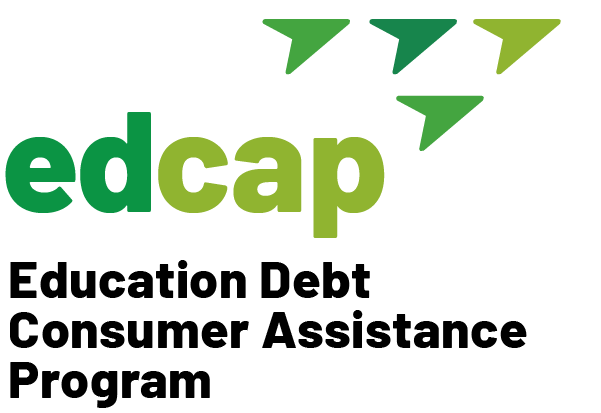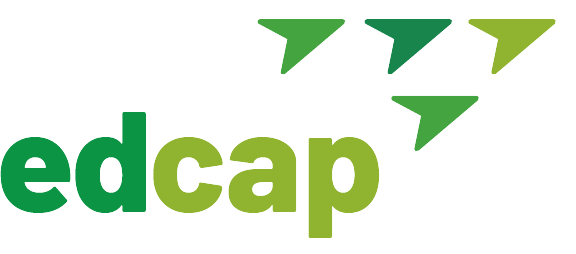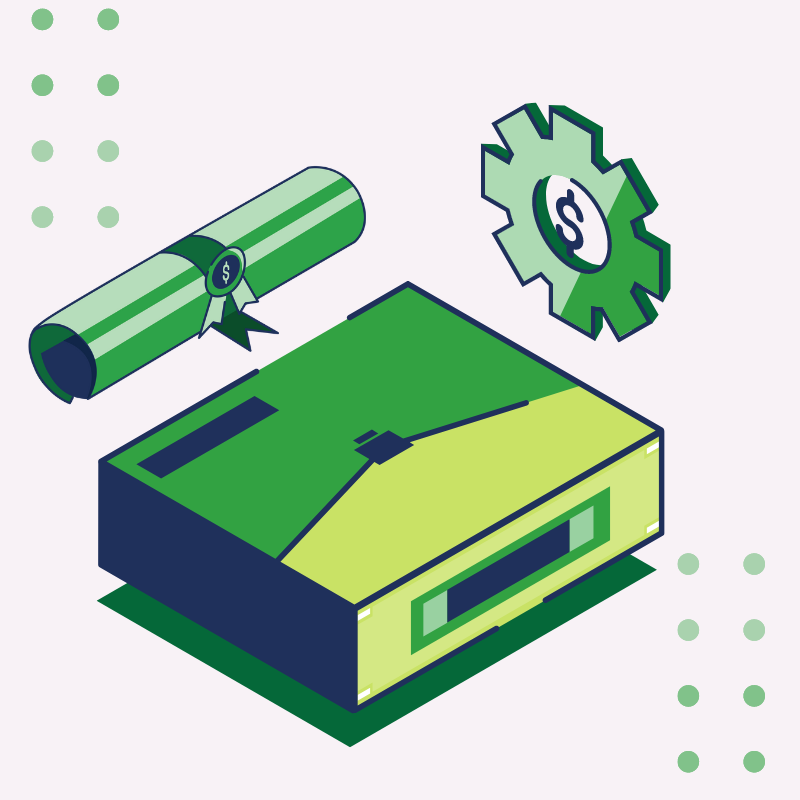IDR Forgiveness is Back
As a result of the AFT lawsuit, the Education Department has agreed to resume processing student loan forgiveness under the IBR, ICR, and PAYE income driven repayment plans. Here are key points:
- Borrowers who have reached the 20- or 25-year repayment threshold under these plans should expect discharges without needing to switch plans. Forgiveness under the SAVE plan remains blocked; borrowers in SAVE who want progress toward IDR forgiveness or PSLF should switch to another IDR plan promptly. Note: IDRF credit accumulated under the SAVE plan will be transferred to other repayment plans.
- ED agreed to refund borrowers who made extra payments after becoming eligible for cancellation under IDR.
- The date a borrower becomes eligible for cancellation under their IDR plan will be treated as the effective discharge date — and for those whose eligibility date is on or before December 31, 2025, ED will ensure that no IRS tax forms suggest the cancelled debt is taxable.
- ED will file six-monthly status reports to the court on the processing of IDR and PSLF (buyback ) applications and loan cancellation progress.
- Note that OBBBA expands IBR access by removing the partial financial hardship requirement, but system updates are pending; borrowers denied since July of 2025, for lack of hardship should reapply.
Borrowers should know that if they are eligible for IDR forgiveness and their eligibility date is by December 31, 2025, the cancelled debt should not trigger a tax liability (per the agreement).
Rise Committee Updates
The Reimagining and Improving Student Education (RISE) Committee (part of the negotiated-rulemaking process for the One Big Beautiful Bill Act) held the first week of in-person sessions. A major focus was on defining “professional student” in the context of loan-limits for graduate/professional programs.
Issues and Concerns Raised
- Unclear definition: The Department of Education proposed defining a “professional student” as anyone enrolled before July 1, 2027, in a program that grants a professional degree, as long as the program existed by July 4, 2025, and received Title IV funding in 2024-25.
- Too broad: Stakeholders worry this definition doesn’t match what Congress intended and could allow too many programs to qualify for higher borrowing limits.
The next round of the RISE Committee meetings is scheduled for November 3-7, 2025 (livestreamed).
Tax Refunds Intercepts
It appears that borrowers with defaulted loans are now subject to tax refund intercepts—and likely will be during the upcoming tax season as well. If you’re loans are default, act now to resolve it and prevent losing your tax refund.
ED Exploring Sale of Student Loan Portfolio
- ED is exploring selling part of its $1.6 trillion federal student loan portfolio to private investors, which could reshape student debt management for millions of Americans.
- Officials have already consulted Treasury and finance executives and may hire outside firms to assess the portfolio’s value.
- Under federal law, any sale must not cost taxpayers money, but analysts say that’s a steep hurdle. Private buyers also face limits: they can’t garnish wages or tax refunds without court approval, making these loans less attractive.
- If the government sells federal student loans to a private entity, borrowers are unlikely to see changes in interest rates, repayment plans, or loan forgiveness. That’s because the terms of these loans are governed by federal law and outlined in the Master Promissory Note, which remains binding regardless of who owns the loan. Any protections or repayment options established by statute would stay in place unless Congress changes the law, so borrowers should expect their existing rights and benefits to continue even if servicing shifts to a new owner.
Government Shutdown Continues
- Government shut down and federal student aid/loan impacts:
- First, student loan payments are still due. Loan servicers like MOHELA and Nelnet remain open because they’re private companies already funded, so borrowers can still contact their servicers and make payments.
- Interest will keep accruing, and missed payments can hurt credit scores or even reduce tax refunds.
- Second, FAFSA is still open and processing, so don’t wait to apply. But here’s the catch: if an applicant runs into an error or needs help, customer service may be limited because most Department of Education staff are furloughed.
- Third, if applying for an income-driven repayment plan or recertifying income, expect delays. The same goes for loan forgiveness programs like PSLF and IDR Forgiveness. Applications and recertifications will sit until staff return, and the IDR backlog was already huge.
- First, student loan payments are still due. Loan servicers like MOHELA and Nelnet remain open because they’re private companies already funded, so borrowers can still contact their servicers and make payments.





